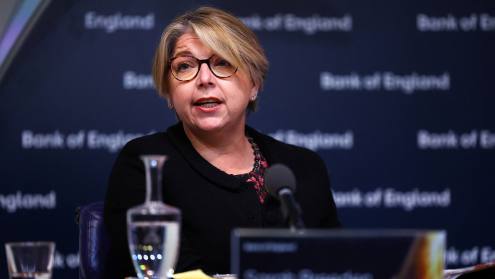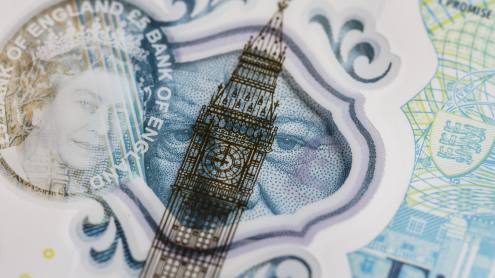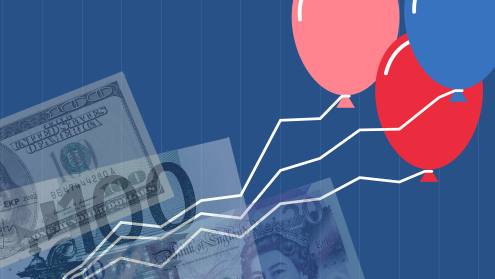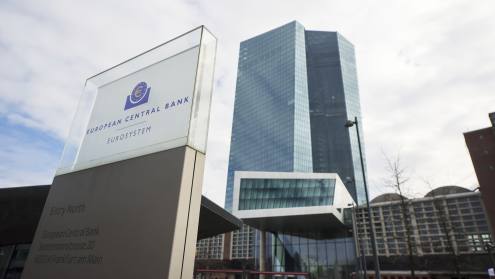Q: The Banco Central de Bolivia (BCB) has seen its international reserves dwindle since 2014. How can this problem be addressed?
A: The decrease is the result of several factors, some of which are international and affect other countries. For example, the increase in energy prices has put pressure on reserves as Bolivia has long subsidised the price of fuel in the domestic market.
Without this policy, the higher costs of energy would have been transferred to consumers, heavily affecting their quality of life. President Luis Arce, in office since 2020, has implemented an import substitution policy, which also entailed lifting tariffs on capital goods. While this policy is putting pressure on the exchange rate, we expect it will be beneficial for the economy in the long run.
We are setting up biodiesel plants to decrease oil imports in the future. To solve the issues temporarily, Bolivia’s senate recently gave final approval to the so-called ‘gold law’ aimed at strengthening the country’s foreign currency reserves. It is important to stress that we are facing a liquidity crisis, not a solvency crisis.
Q: The BCB has not updated the report on the status of its net international reserves since February 8. Could this impact citizens’ confidence in the stability of the fixed exchange rate against the dollar?
A: We had to implement this decision to avoid fuelling the current speculation and we are already seeing improvement. The population’s demand for dollars has reduced from its heights in February and March.
We are setting up biodiesel plants to decrease oil imports in the future
Q: What tools does the central bank have to deal with a potential crisis of confidence in the banking system after the Banco Fassil crisis?
A: The central bank handles a deposit guarantee scheme aimed at protecting depositors in situations such as this one. The funds accumulated are enough to tackle this crisis. Additionally, we have relied on monetary policy instruments, such as open market operations to support liquidity in the financial system. Finally, the BCB has the ability to act as lender of last resort in the worst-case scenario.
Q: Last year, the bank launched a QR payment system. Can you tell me more about this initiative?
A: The platform allows banks, businesses and citizens to transfer funds between bank accounts using QR codes.
In Bolivia, credit co-operatives are very strong, but do not have access to the payment system that most banks use. We are now in the process of ensuring the QR system’s interoperability; this will help co-operatives easily make transfers to banks and help increase financial inclusion. The platform launched last year and there are already a few banks using it. We expect it to be fully operative by the end of July.
Q: In 2013, the government enacted the new Financial Services Law. The law establishes that the state can instruct financial institutions to offer credit to specific sectors. In addition, the state fixes the maximum interest rates that banks can charge, among other measures. What was the impact on the banking system?
A: Today, around 60% of the total loan portfolio is directed to productive industries and social housing. By law, the state directs financial institutions in such a way as to encourage economic growth.
Q: Why does the BCB observe a heterodox monetary policy?
A: The 2009 constitution establishes that fiscal and monetary policy should be coordinated and allow the participation of the central bank in certain financial operations. I believe such a choice is due to the peculiar characteristics of the Bolivian economy and society. The direct involvement of the state in the economy is necessary given the high inequality and poverty. The impact of this economic policy is positive if one looks at key metrics such as inflation, which is very low in the country, as opposed to other neighbouring countries.
- Read more on Bolivia here.













